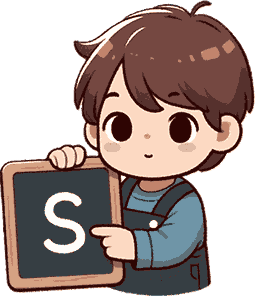
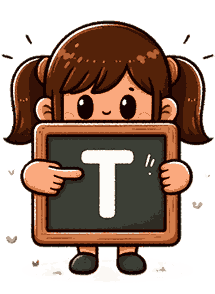
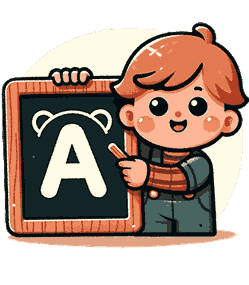

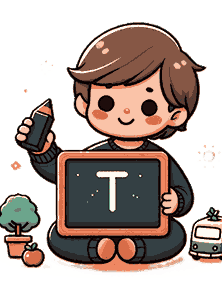
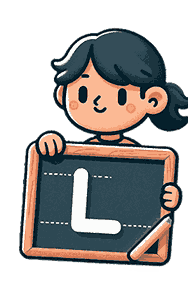

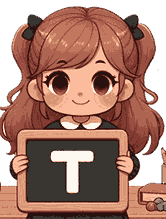
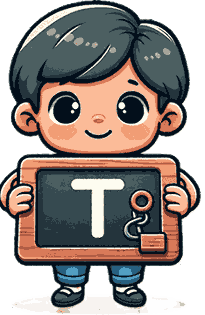
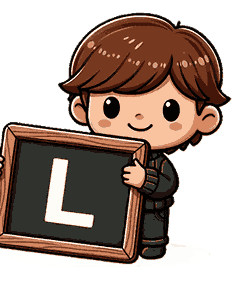
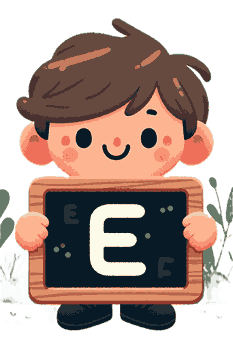
Scaffolding in Education
Trainer provides the student with the best support that aids students in achieving higher levels of skill acquisition. The supportive methodologies over time gradually increases the responsibility of the learning process with the student. This method helps promote the development and advancement of cognitive and psychomotor learning skills.
Think-alouds
Think-alouds are strategies that trainer employs to help student monitor their thinking while reading. As a result, students improve their comprehension, confidence, and reading abilities.
The think-aloud method motivates children to ask questions while reading, encouraging them to reflect on what they learned, the topic’s significance, and its relevance to their lives. This strategy enhances insight into their thoughts, fostering creativity and active, engaged learning. For best results, it works effectively in small groups or individually.
Accelerated Learning
Accelerated learning is a learning methadology that allows students to complete the courses in a shorter period of time compared to a traditional period of learning. Accelerated learning is a multi-dimensional approach to learning where students can control the speed and method in which they are guided. Accelerated learning requires collaboration to speed up the learning process and also involves students immersing themselves in the work itself to learn in context.
Reflective, Retrieval Practice and Rote Memory
Reflective Practice is a continuous learning process where individuals recall their actions to improve personally, fostering critical thinking and decision-making skills essential for academic growth.
Retrieval practice enhances memory and learning through tools like flashcards, practice problems, and writing prompts.
Rote memory is a learning technique that enables quick recall of material through repeated practice.
Think-pair-share
Think-pair-share is a collaborative teaching strategy that aids students in forming original ideas by discussing and analyzing them in groups. It works best with smaller groups, and the trainer facilitates by posing questions or problems. Students think individually, pair up to share thoughts, and, if time permits, exchange ideas with others or the whole group.
Think-pair-share refers to a learning strategy that maximizes participation, focuses attention and engages students in comprehending the reading material. It is especially useful for actively involving all students during their academic sessions.
Learning Assessment
Learning assessment is a personalized assessment, necessary for an individual student to reach curriculum objectives for a course or academic program.. It makes possible for students to show their knowledge in a way that is beneficial for their specific needs.
Learning assessment can refer to extra time for writing assignments, chunking of information, and frequent breaks during assessments.
Inclusiveness and Individualized Instruction
Inclusiveness ensures equitable treatment and full support for each student’s academic mission by embracing diversity and leveraging individual differences to achieve classroom excellence. Students are valued, respected, and given fair learning opportunities, while trainers design instruction using varied modalities—auditory, visual, and kinesthetic—to meet all needs.
Individualized instruction is where students growth is assessed by our trainers and guiding them individually on a student-centric counselling.
Turn and Talk
Turn and talk is an active learning exercise where the trainer poses a question to class and student turns to the student next to him/her to talk. Students share their input with the partner and then share their findings with the larger group. This refers to a collaborative learning activity where students discuss their answers to an assigned question with a partner. During discussing on the responses, other students can add to the conversation that builds critical thinking.
Traditional Learning
Traditional learning builds knowledge, work habits, and soft skills like digital literacy, critical thinking, and problem-solving, equipping students for successful careers. These skills are developed as students create class content.
Traditional learning fosters life skills like flexibility, leadership, initiative, productivity, and social interaction in classrooms. It also develops essential learning skills such as critical thinking, creativity, collaboration, and communication, enabling students to strategize projects, maintain efficiency, and build networks for modern work environments.
Learning Analytics
Learning analytics involve measuring and reporting data about learners and their contexts to optimize learning and environments. This approach tracks progress, enhances learning abilities, and requires active participation from learners, trainers, and parents.
Student and parent feedback, including test scores, helps trainers understand students better, implement improvements, support learning, and encourage positive behavior changes.
Emotional Intelligence
Emotional intelligence is the ability to manage one’s emotions and influence others’. It is now seen as a crucial skill distinguishing workplace leaders from peers with similar technical expertise.
Emotional intelligence involves empathetic judgment through four tenets: self-management, which regulates behavior; self-awareness, which acknowledges strengths and weaknesses; social awareness, which deciphers emotional cues and dynamics; and relationship management, which fosters connections through communication.
